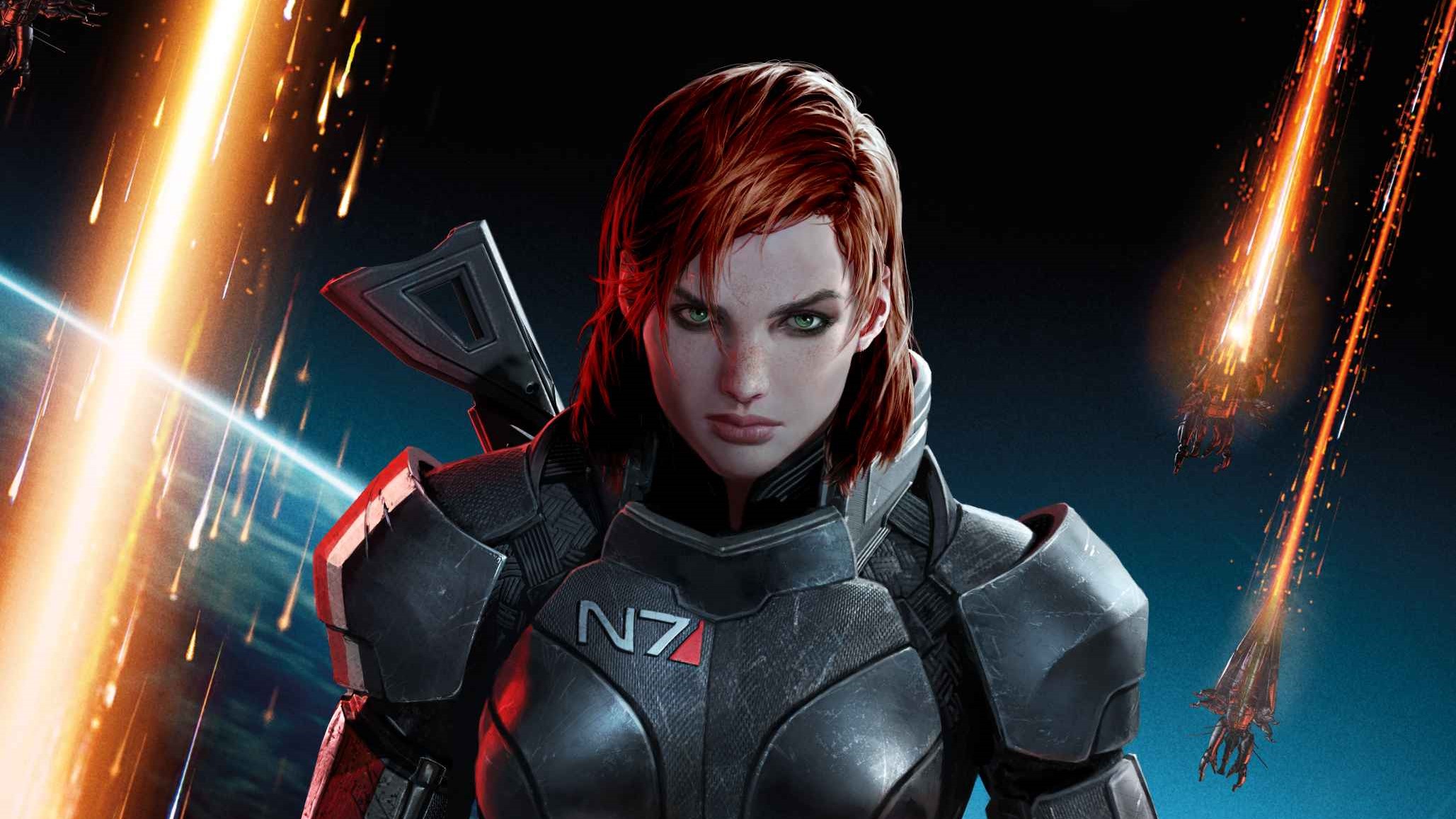
The world of PC gaming has been no stranger to controversy since its earliest days. Whether it's disastrous launches, community outrage, contentious politics, microtransactions gone wild, or yet another round of debate over whether or not videogames cause violence, a year never seems to pass without at least a few big blow-ups.
In fact, putting this list really put the sheer scale of things in perspective for me—there's 15 games here, but I could've easily included 50. For whatever reason, games and controversy go together like medpacks and healthbars.
But you don't have the time to read a list that long, and I don't have time to write it—so I've curated this list down to only the juiciest, most impactful, industry-shaking controversies in our fair hobby's chaotic history. Read on, and be outraged all over again.
Batman: Arkham Knight
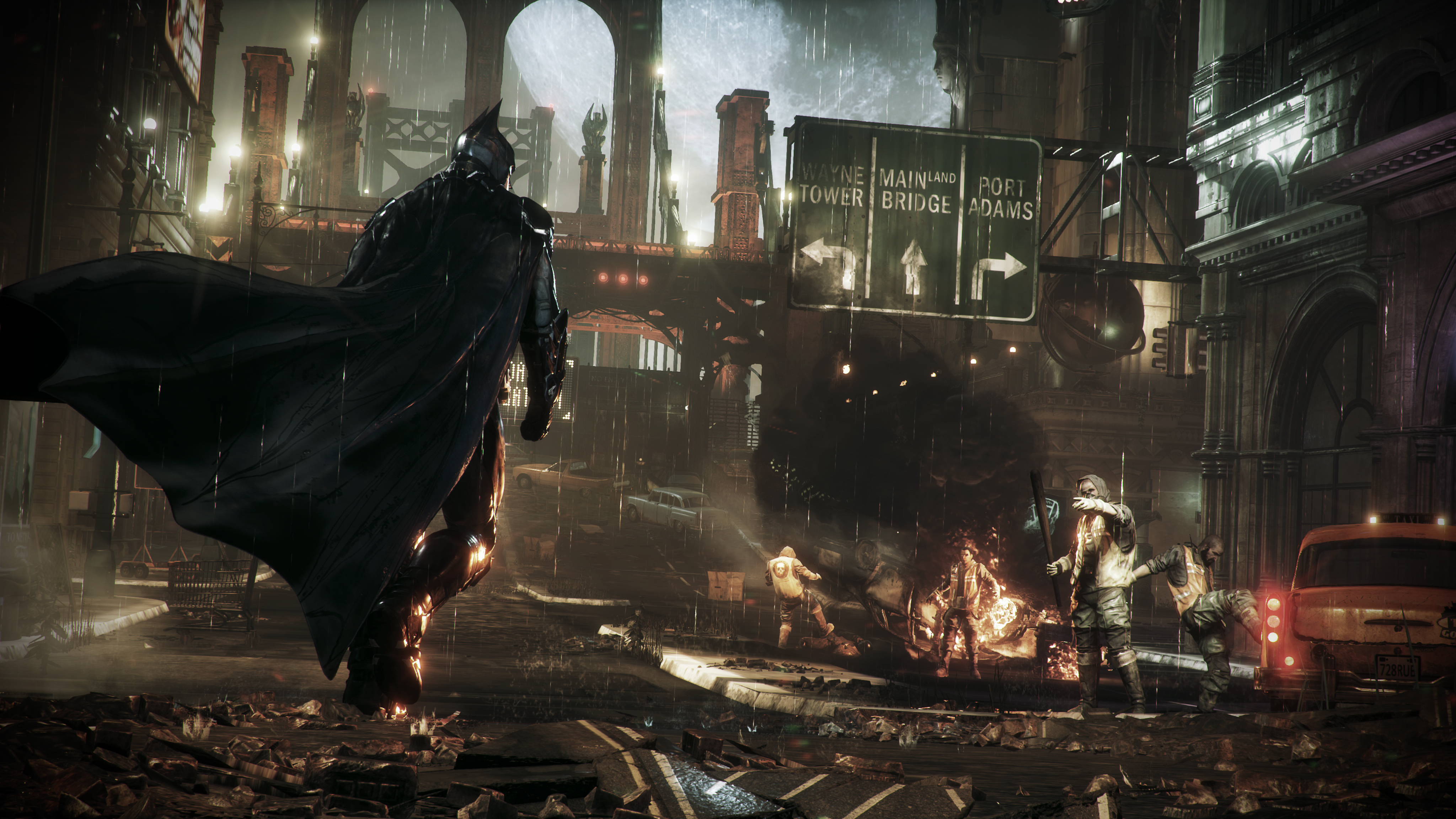
Released June 23, 2015 Developer Rocksteady Studios Publisher Warner Bros
How broken does a port have to be to get pulled off sale entirely? In June 2015 we found out, with the average PC player experiencing the shadowy streets of Gotham at about 10 FPS—if they could run the game at all. At the time, PCG advised readers to "treat Arkham Knight as a game still in development". Just a day after launch, sales were suspended, retail stock was recalled, and refunds were offered to anyone who wanted one. It didn't return to sale until several patches later in October 2015, though it still had plenty of issues, and in the end Warner Bros was so keen to apologise to PC players that they gave Arkham Knight owners all the previous Arkham games for free as a peace offering. Ultimately its technical woes overshadowed the game completely on PC—a cautionary tale that no one seems to have learned anything from, judging by recent shoddy ports such as The Last of Us Part 1 and Wild Hearts.
Doom
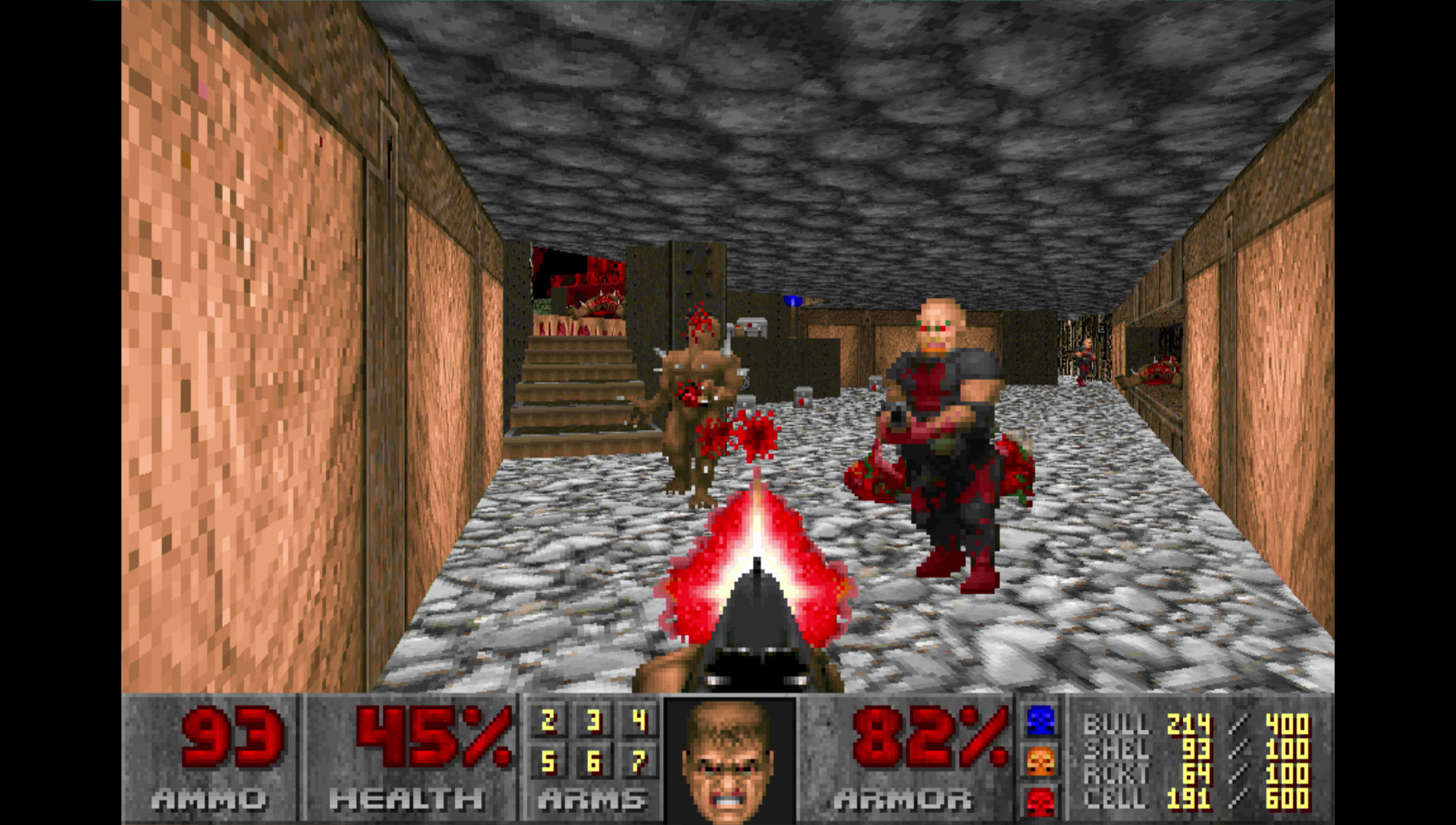
Released December 10, 1993 Developer iD Software Publisher In-house
It's easy to forget, but on release Doom's gorey combat and demonic themes kicked up a storm of controversy, one of the earliest moral panics about violent games. Things got really ugly several years later when it was linked to the Columbine school shooting—the perpetrators were fans of the game, and one mentioned in his journal that he imagined the planned massacre would be like playing it. The resulting media coverage essentially set the template for games being linked to real world violence, its shockwaves still felt in any debate on the subject.
Resident Evil 5
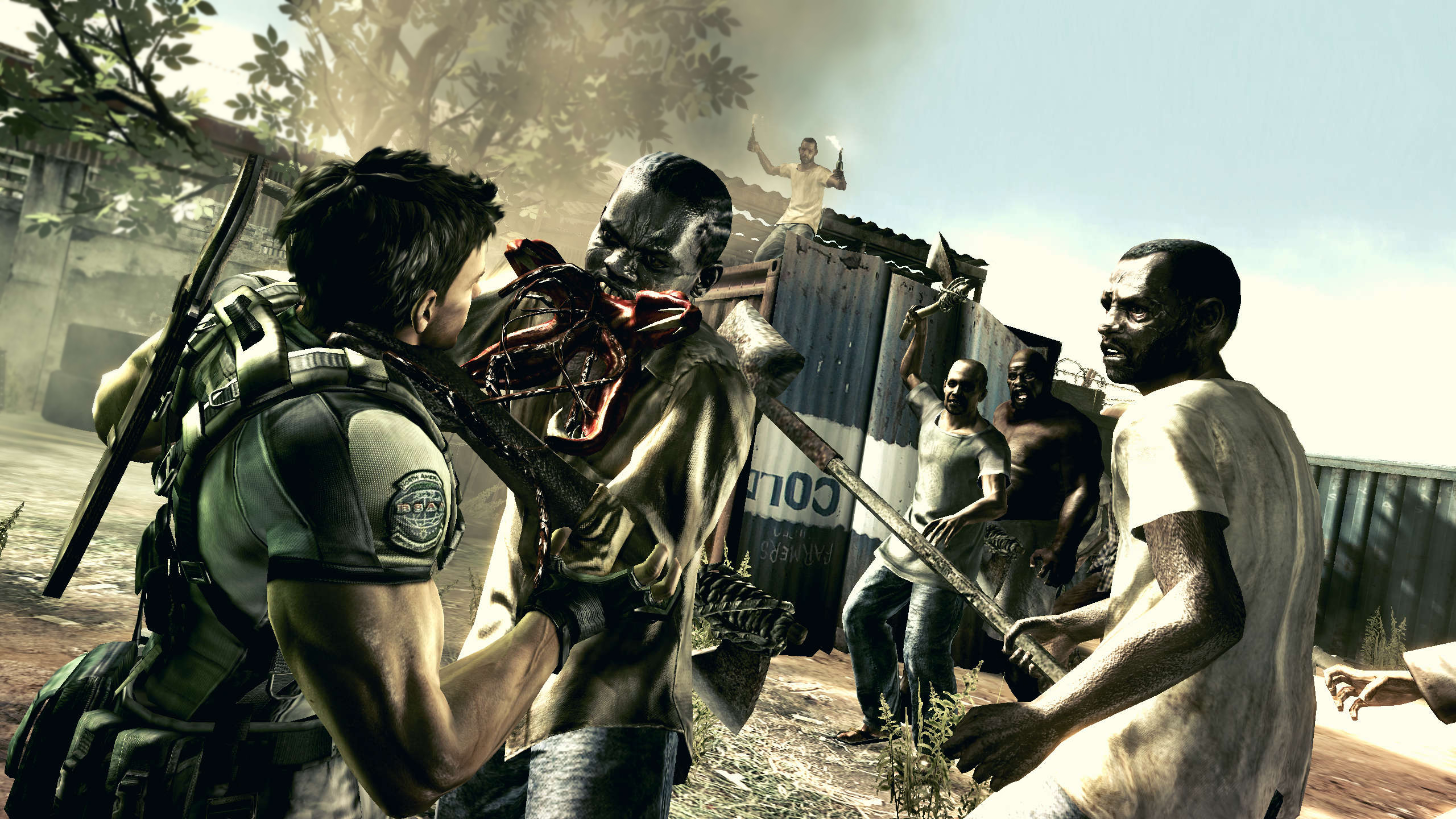
Released September 18, 2009 Developer Capcom Publisher In-house
On launch, this action-packed zombie shooter was criticised by many for being too great a departure from the series' survival horror roots—but Capcom probably would've been quite happy if that had been the only controversy around it. Instead, it spent much of its preview period and launch window defending against accusations of racism, due to its questionable depiction of its African setting, and rather a lot of sequences in which a handsome white man blasts hordes of black people to bits (even if they were, of course, undead). That didn't stop it being a smash success, though—it remains the best-selling Resident Evil game ever.
Mass Effect 3
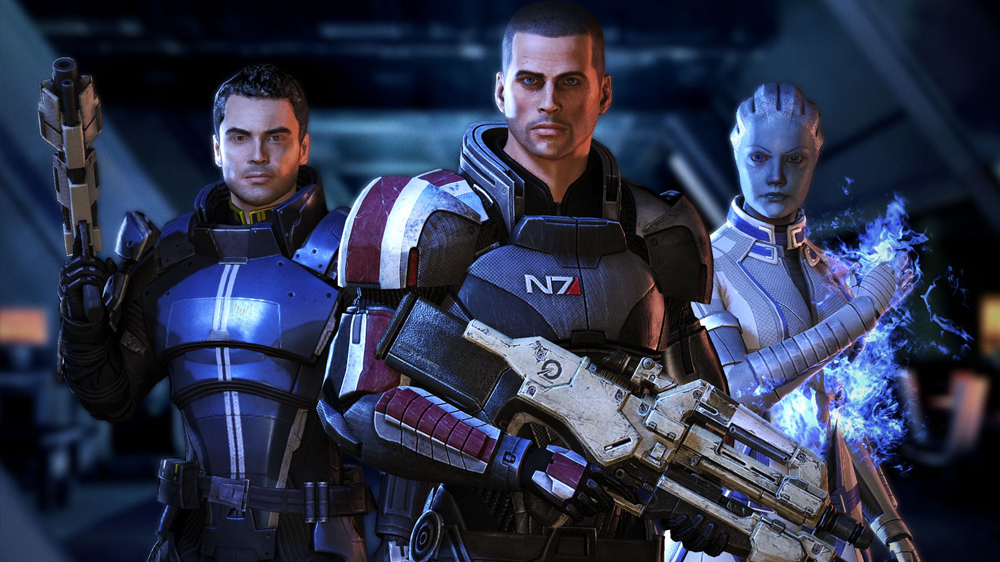
Released March 6, 2012 Developer BioWare Publisher Electronic Arts
The final entry in BioWare's sci-fi trilogy had a daunting task: not only creating a satisfying ending to Commander Shepard's story, but also honouring all the choices players had made along the way and tying off the galaxy's many still-dangling plot threads. But even with that benefit of the doubt, Mass Effect 3's story was a bit of a mess, with an exposition-spouting ghost child, bizarre revelations about the nature of main villains the Reapers, and, ultimately, an ending that pleased absolutely no one, with a seemingly momentous choice that actually just changed the colour tint of your final cutscene.
The reaction from fans was so overwhelmingly negative that something unprecedented happened: BioWare went back in and changed the ending in a patch. Along with some DLC that better explained and foreshadowed the plot's stranger twists, Mass Effect 3's story was eventually 'fixed', but, more importantly, the power dynamic between developers and fans changed forever. For better or worse, the message sent to players everywhere was that if you get angry and vocal enough, you can force a game's creators to make the changes you want, and the effects of that are still being felt keenly to this day.
Daikatana
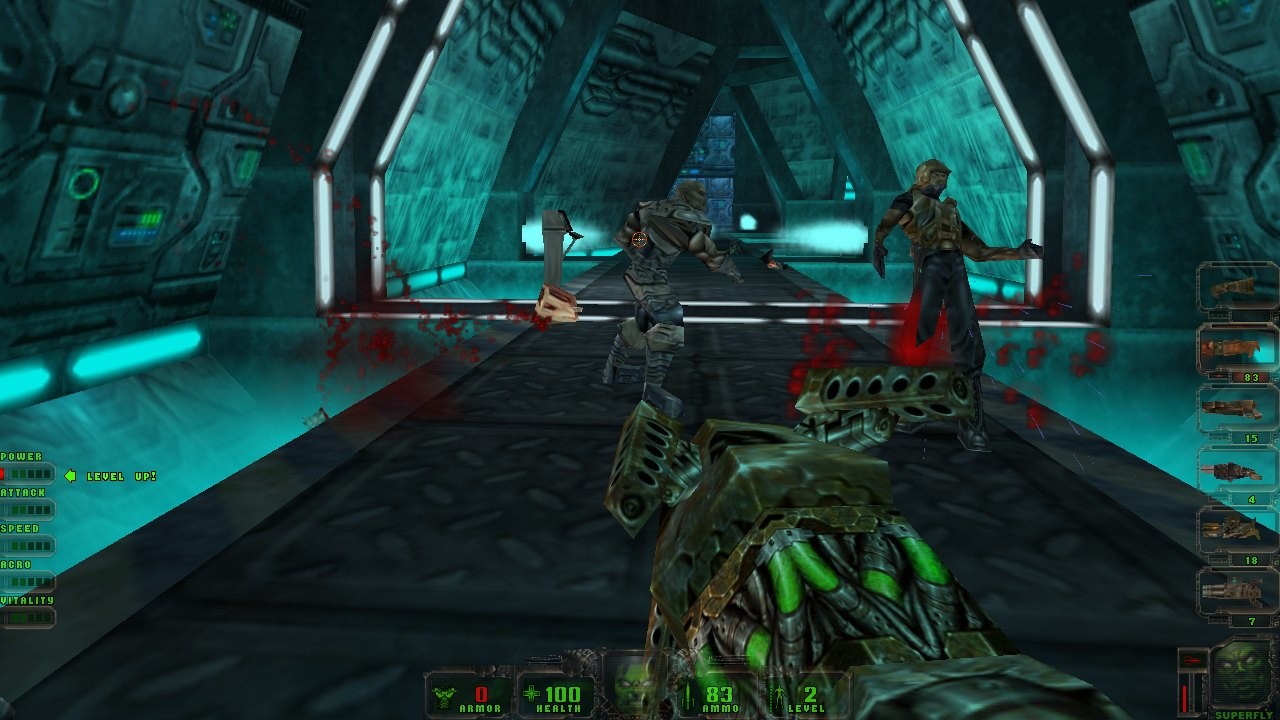
Released May 22, 2000 Developer Ion Storm Publisher Eidos Interactive
Sorry, John Romero—you've made the list twice. This follow-up to Doom and Quake, telling the tale of a time-travelling swordsmaster, went from hotly anticipated to radioactive following delays, a creaky E3 demo that struggled to hit a decent framerate, reports of a studio haemorrhaging staff and mired in dysfunction, and an ad campaign that ill-advisedly went with the slogan "John Romero's about to make you his bitch" instead of, y'know, actually saying anything about the game. When it finally launched, it was a disastrous flop, derided by critics and so ignored by consumers that it sold only 40,000 copies.
Call of Duty: Modern Warfare 2
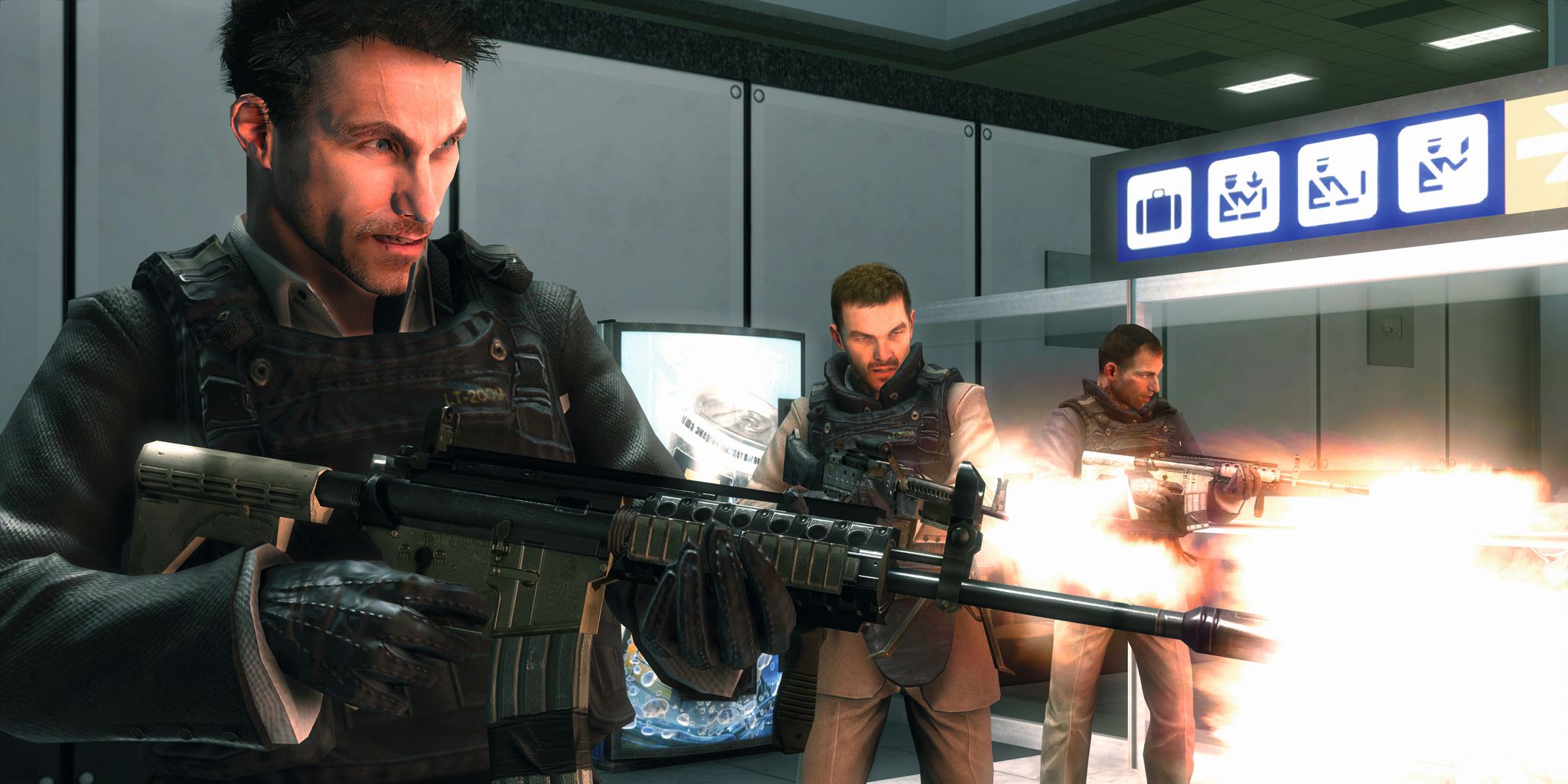
Released November 10, 2009 Developer Infinity Ward Publisher Activision
The Call of Duty series is certainly no stranger to controversy—perhaps inevitable for a series that deals so closely with real world conflict. But certainly its biggest ever blow-up was around a Modern Warfare 2 level named "No Russian", in which the player, acting as an undercover agent, participates in a mass shooting of civilians in an airport. The sequence's brutality and echoes of real-world massacres and terrorist attacks led to condemnation in the mainstream media and even from prominent religious leaders; many international versions of the game were censored, and the entire level was removed for the Russian release.
Hogwarts Legacy
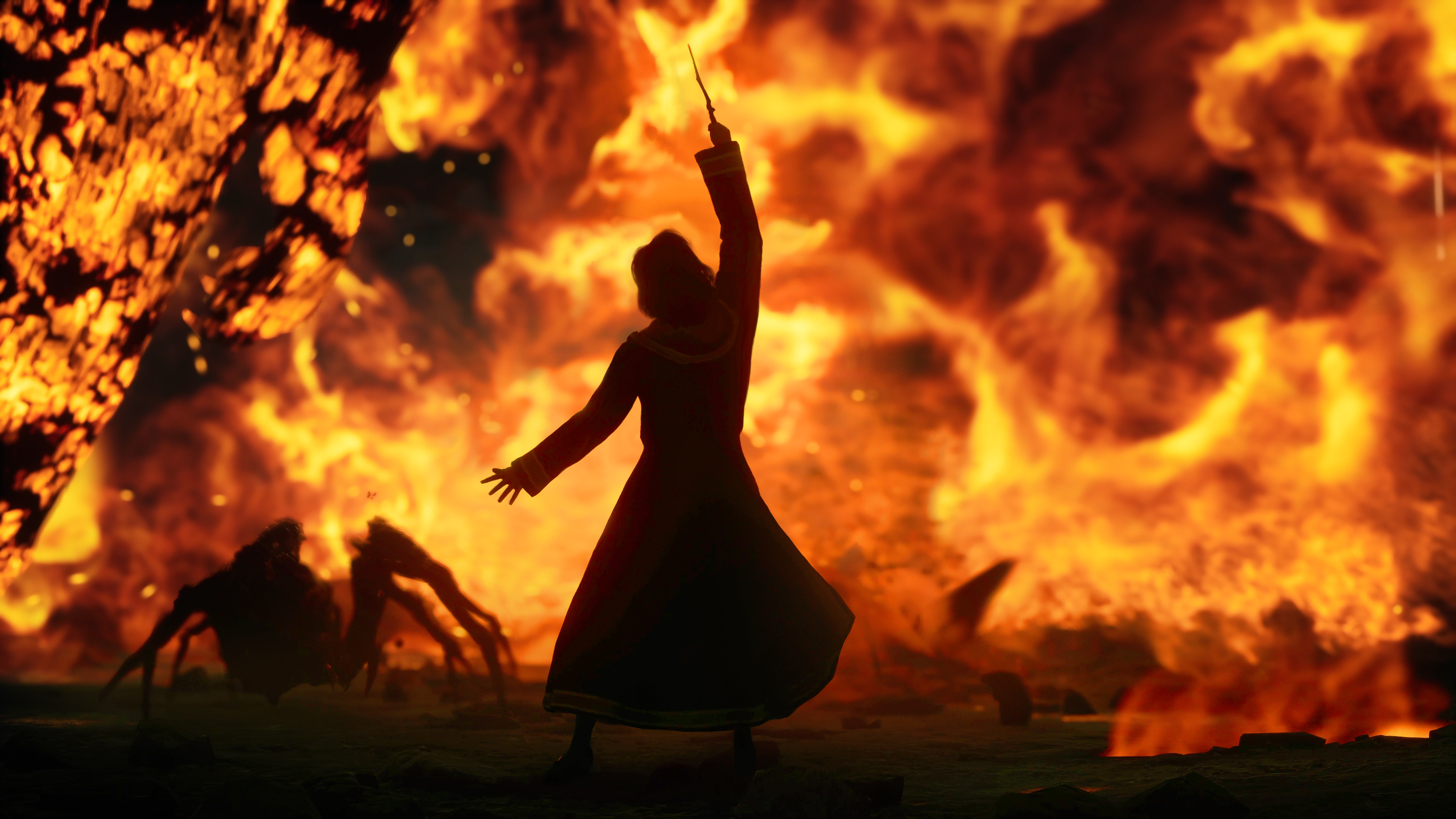
Released February 10, 2023 Developer Avalanche Software Publisher Warner Bros
Harry Potter as a franchise has been sailing in contentious waters for a while now, thanks to the increasingly active stance its creator JK Rowling has taken against trans rights, and there was no chance of Hogwarts Legacy escaping the controversy. Much of the game's preview period was dominated by discussion of whether buying the game would be tacit support of her views or not, and some websites refused to cover it at all. It also drew criticism for its focus on the setting's goblins, seen by many as anti-semitic caricatures, and the discovery in 2021 that its then-lead designer had a history of expressing hateful beliefs on social media. It should be said, however, that none of that stopped it being an enormous success, beyond even the studio's expectations—it's the biggest selling game of 2023 so far, and it's shifted more copies than Elden Ring.
Devotion
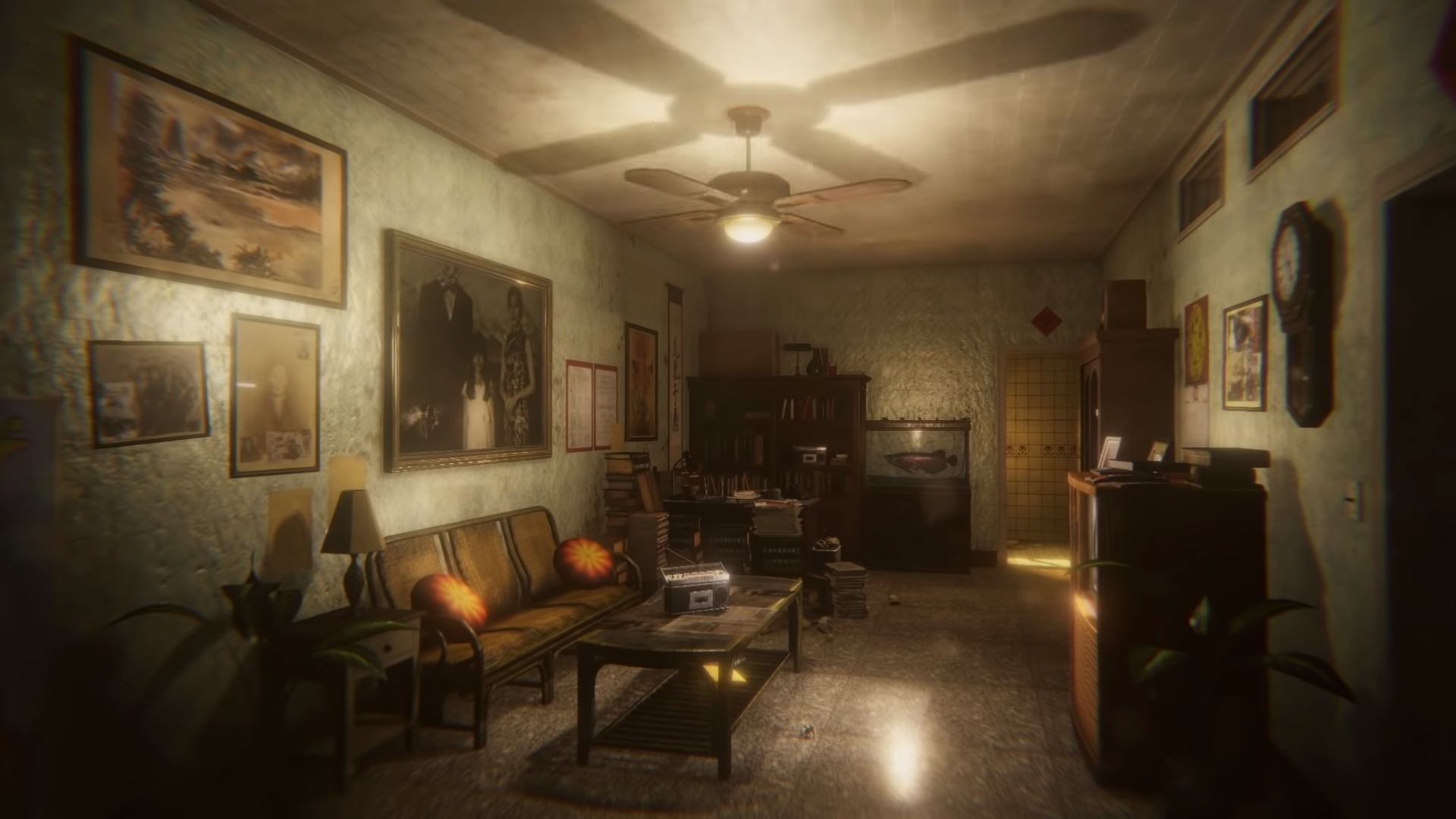
Released February 19, 2019 Developer Red Candle Games Publisher In-house
This critically acclaimed Taiwanese horror game raised the ire of Chinese gamers when it was discovered that it contained an easter egg comparing the leader of the Chinese Communist Party to Winnie the Pooh, referencing an insulting internet meme that the party ultimately banned from the country's social media. The game's Steam page was thoroughly review bombed, and though the offending image was patched out, the anger continued to burn hot enough that the game's publishers cut ties and the developer ultimately removed the game from Steam entirely. It only became available again in 2021, through Red Candle Games' own website.
Star Wars Battlefront 2
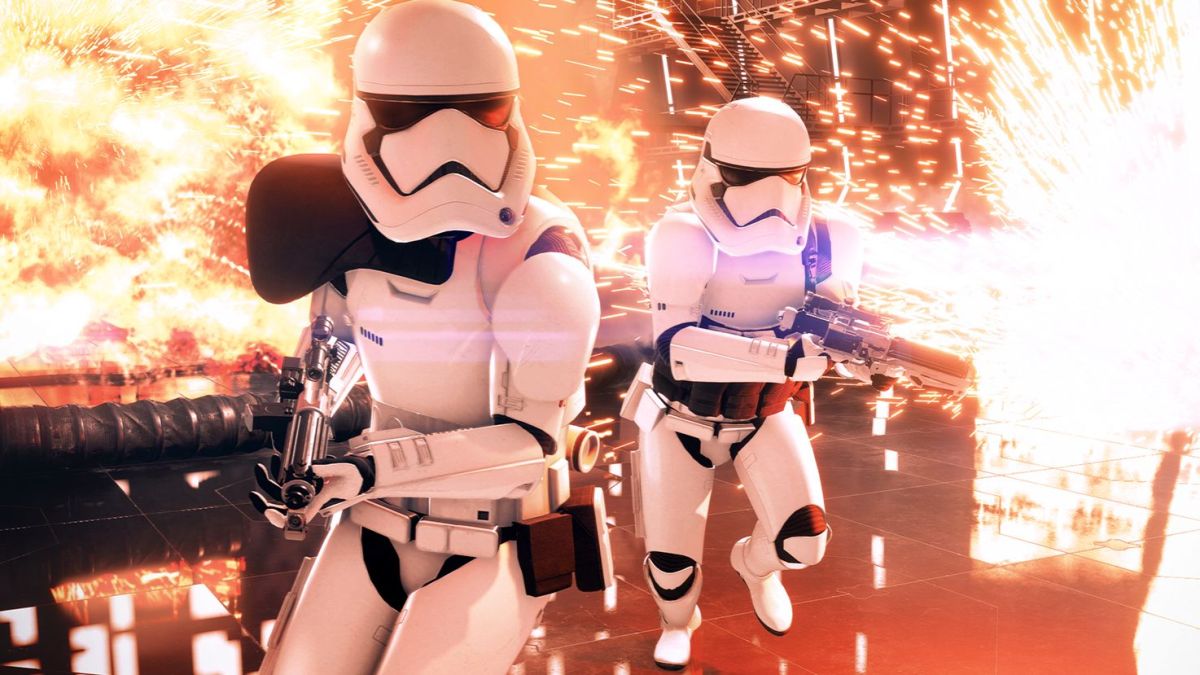
Released November 17, 2017 Developer DICE Publisher Electronic Arts
If anyone was going to discover the breaking point of microtransactions, it was going to be EA, and sure enough in its pre-release beta, Star Wars Battlefront II boasted a progression system so warped by lootboxes and pay-to-win mechanics that it triggered not only a player revolt, but began the process in some countries of legislating against such practices entirely. Despite being a full-priced game, it was estimated it would take someone unwilling to buy lootboxes around 40 hours of constant grinding just to unlock and play Darth Vader; EA's response on Reddit that this created "a sense of pride and accomplishment" became the most downvoted comment in the site's history.
Ultimately, with so much bad press circulating that the company's share prices dipped, even EA couldn't hold the line—the microtransactions were removed before the game even launched, and eventually the developer simply unlocked all of the characters and cosmetics for free for everyone, though the game's reputation never recovered.
Mortal Kombat
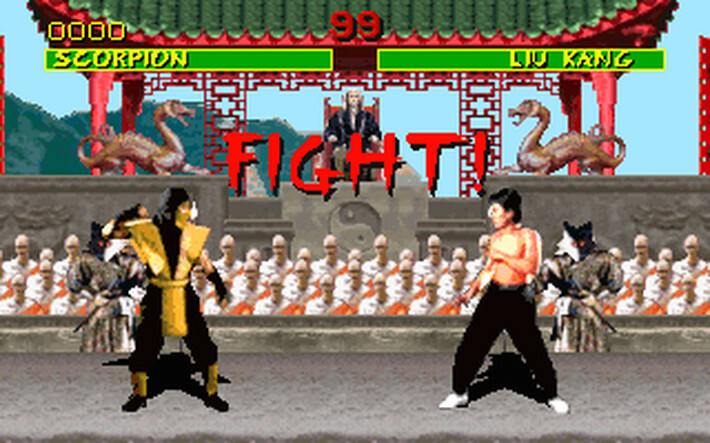
Released May 25, 1994 Developer Midway Publisher Acclaim
If there's one thing above all else that fighting game series Mortal Kombat is known for, it's the gorey fatalities, and when its first entry released they were considered so shocking in their violence—particularly because of what was then considered highly realistic graphics—that they set off a series of congressional hearings. In the end, the entire games industry was given an ultimatum: get your house in order within a year with a robust ratings body, or the government will do it for you. The result was the Entertainment Software Ratings Board, or ESRB, that we know today.
Grand Theft Auto: San Andreas
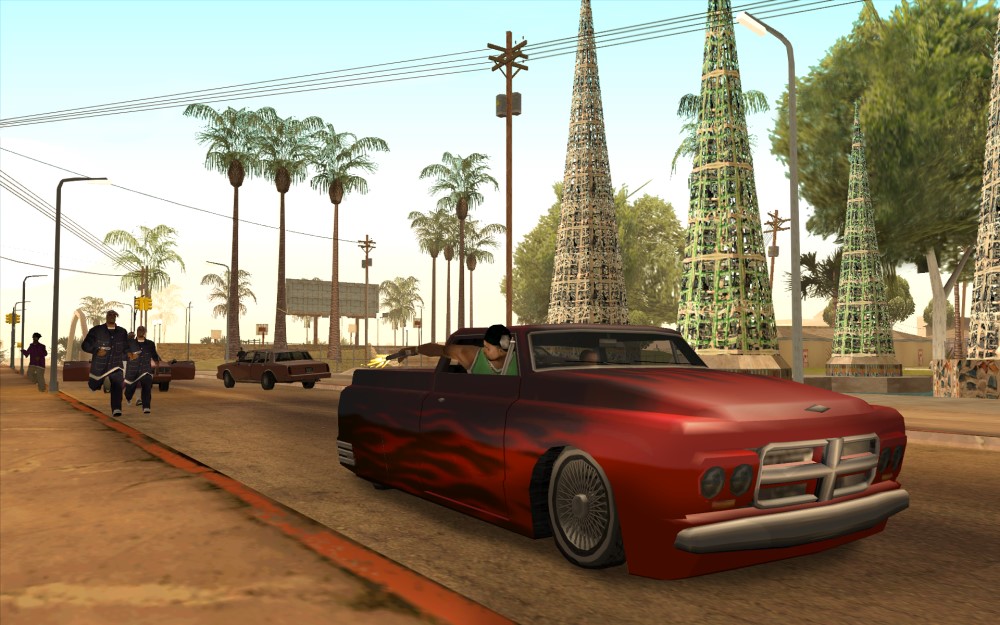
Released June 2, 2005 Developer Rockstar Games Publisher In-house
Controversy is pretty much the status quo for the GTA series—its violence and depiction of real world crimes has kicked up outrage with almost every entry, and it was a particular target of crusading weirdo Jack Thompson. But nothing compares to the furore around San Andreas, and the infamous Hot Coffee incident. A hidden sexual minigame with graphic content was discovered by hackers, who released a mod allowing any player to access it. Initially, Rockstar remained silent, before eventually releasing a statement implying the hackers had created the content—in truth, the scenes were developed by Rockstar themselves, and though deactivated for the retail release, still existed on the disc. That porky pie led to a full-blown FBI investigation, and along the way the game's rating was changed, copies were recalled, Australia banned it entirely, and a class-action lawsuit was levelled against Rockstar Games.
Cyberpunk 2077
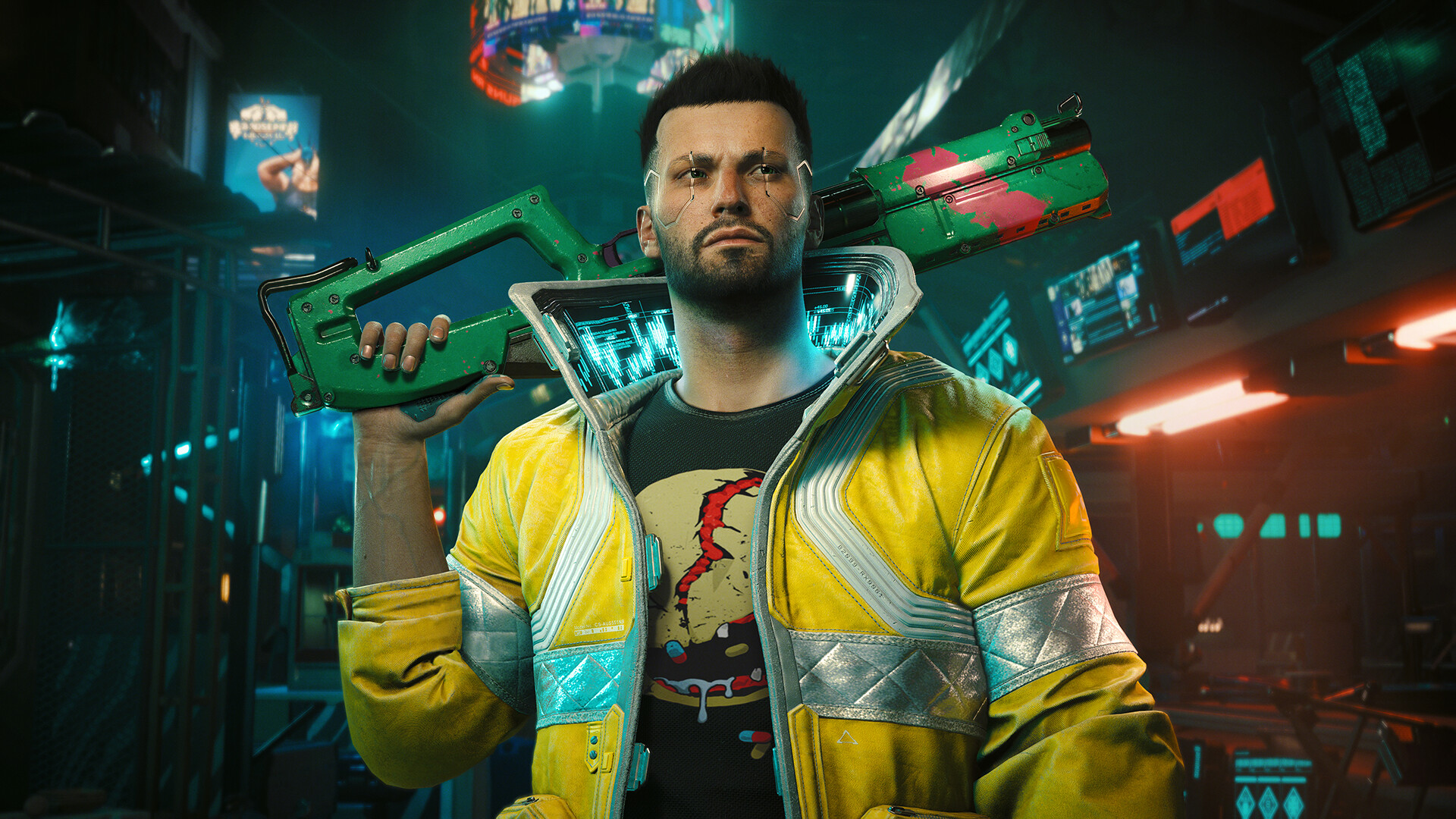
Released December 10, 2020 Developer CD Projekt Red Publisher In-house
After the enormous success of the excellent The Witcher 3, CD Projekt Red was flying high. When it announced a follow-up, the hype couldn't have been higher. It would be no exaggeration to call Cyberpunk 2077 the most anticipated game of all time, and over the course of the eight years between announcement and release, expectations climbed higher and higher, pushed ever upwards by increasingly outlandish and ambitious promises from the developer. And then it launched.
The disastrous release of the game was a shock to the system felt across the whole industry. Not only was it poorly optimised and riddled with crippling bugs, it simply didn't live up to the vision it had presented to the world, and with 20 million copies sold that meant an enormous quantity of angry players voicing their unhappiness online. The developer has essentially been scrambling to 'fix' the game and repair its devastated reputation ever since, had to delay DLC and cancel a promised multiplayer mode, and has had to pay out $1.85 million to settle class-action lawsuits off the back of it.
No Man's Sky
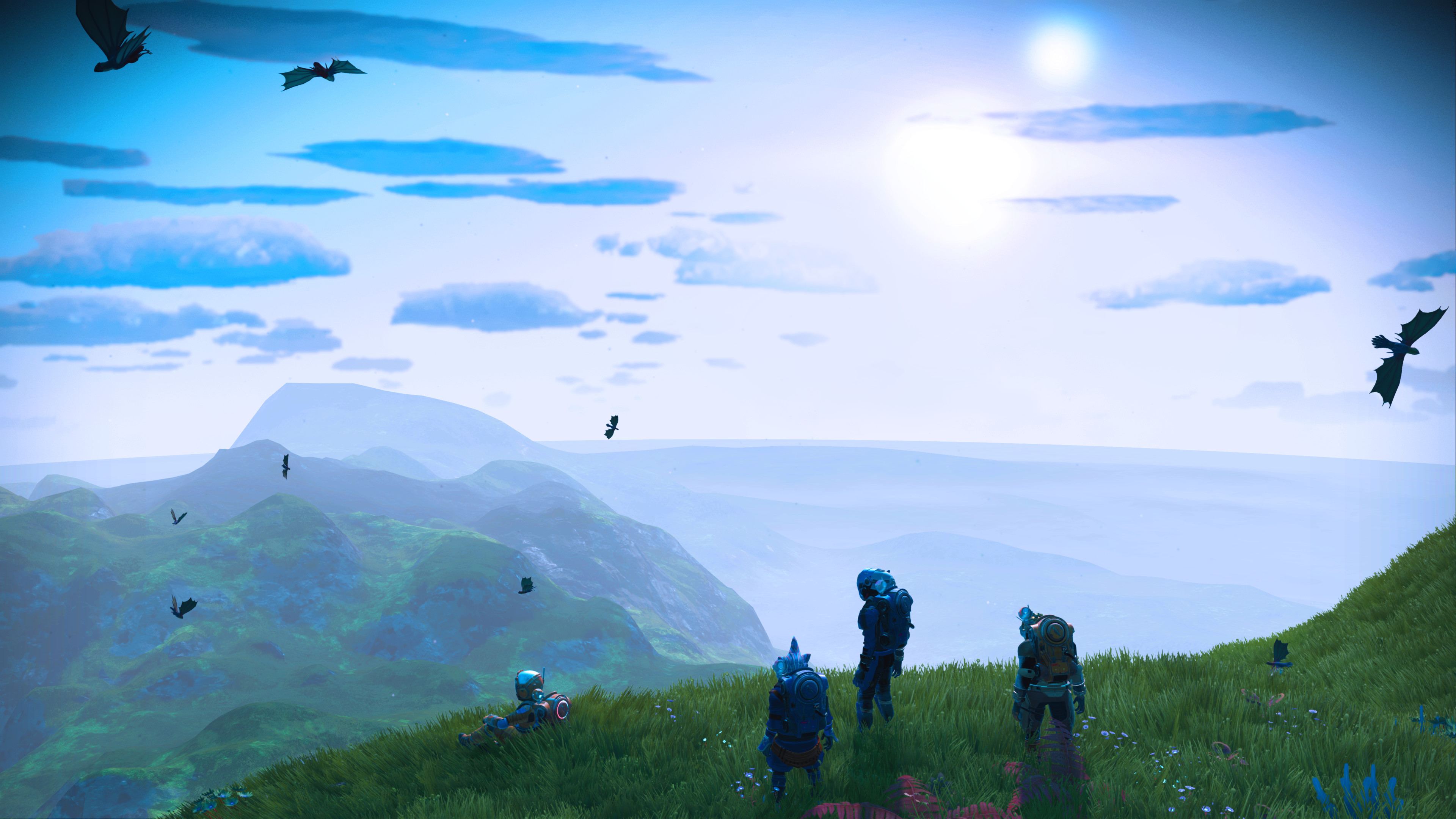
Released August 12, 2016 Developer Hello Games Publisher In-house
Some developers promise the world; Hello Games promised an entire universe, an expanse of procedurally-generated planets so vast that no one player could ever hope to see them all. Though backed in part by Sony the studio was relatively small, but every interview and trailer only layered on more and more layers of expectations, from unique flora and fauna on every world, to warring alien factions, to MMO-like multiplayer. Even beyond the scope of what Hello Games promised, the infinite potential of the concept took root in people's heads and sparked their imaginations.
Perhaps No Man's Sky could never have lived up to people's visions of what it could be, but regardless the game that launched didn't include many of the core features discussed in previews, and was simply a far more basic and narrow experience than players hoped. Hello Games' over-enthusiastic naivety backfired to a terrifying degree, and the studio received an absolute avalanche of anger, accusations, harassment, and abuse.
Whatever you think of their intentions, it can at least be said that they made good—in the years since, No Man's Sky has received regular updates, some even adding in those promised missing features and, though it may never be the game some imagined, it enjoys a thriving community regardless.
Six Days in Fallujah
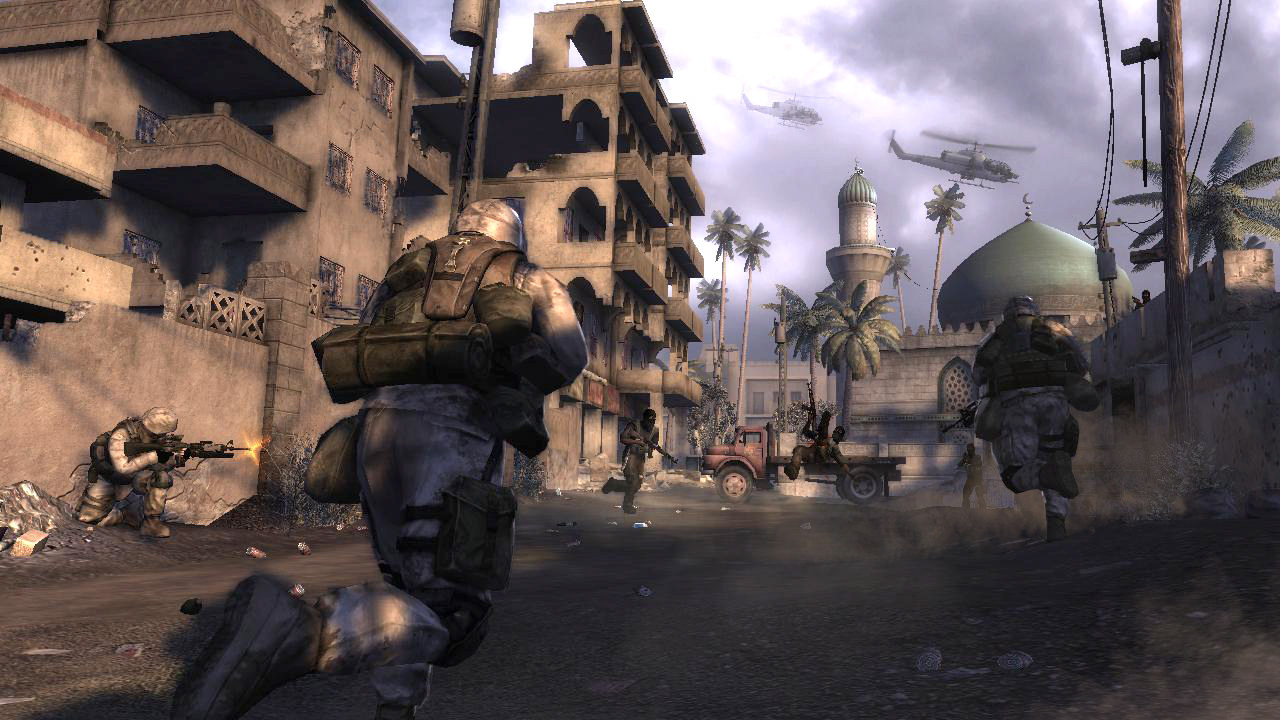
Released TBC Developer Atomic Games (ex), Highwire Games Publisher Konami (ex), Victura
This first-person shooter's premise—a recreation of a bloody and controversial battle during the Iraq War in which the US military used white phosphorus against insurgents and killed a disputed number of unarmed civilians—has to be one of the most offensive and wrong-headed in the history of games. Originally announced only a few years after the real incident, the backlash against it was so severe that publisher Konami quickly dropped the game, and developer Atomic Games went bankrupt before it could finish it. But the controversy isn't over—for some reason, Highwire Games and publisher Victura have announced the game is back in development, planned for a release in 2023.
Star Citizen
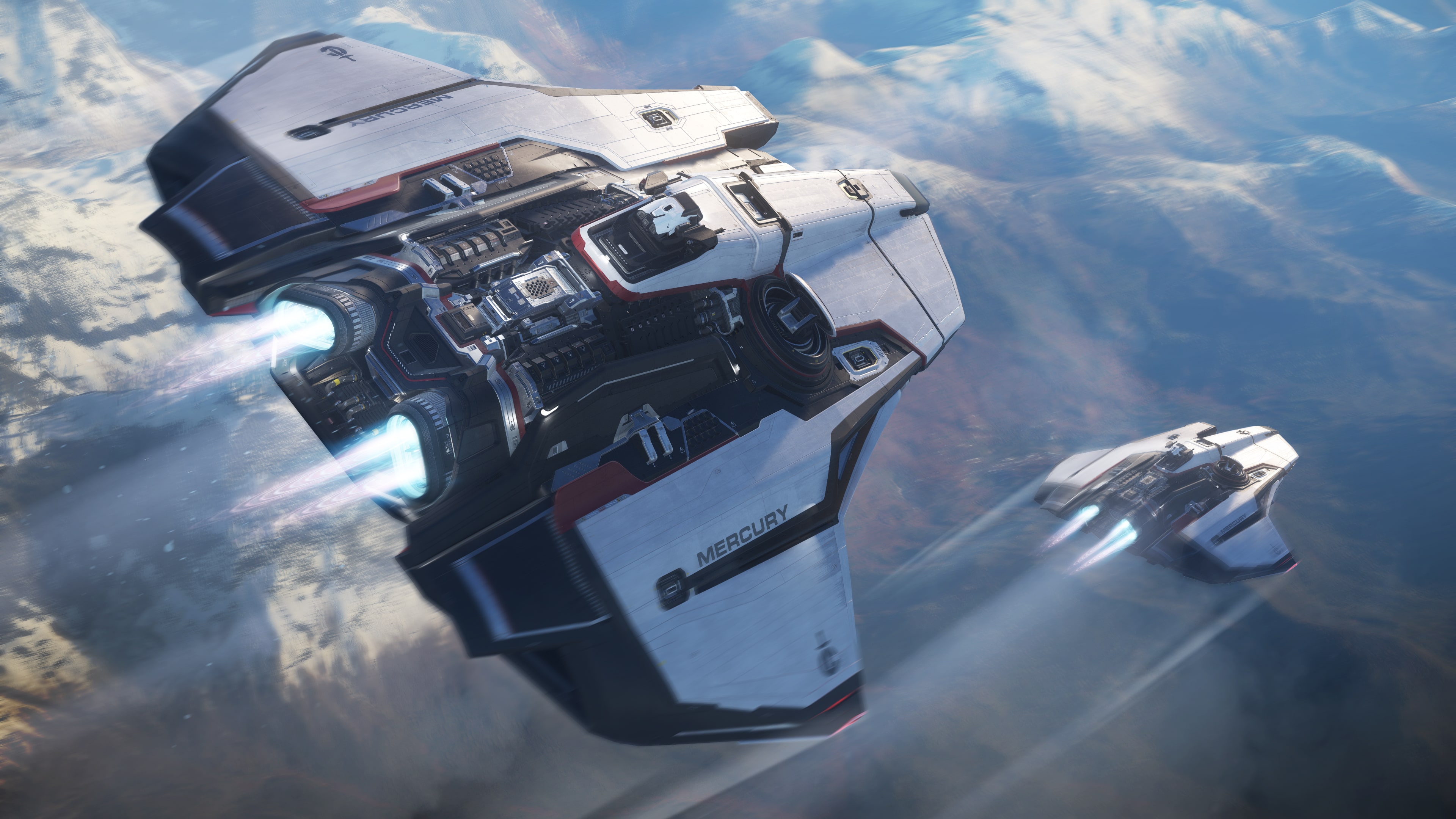
Released TBC Developer Cloud Imperium Games Publisher In-house
Originally announced in 2012, Star Citizen still has no release date in sight—even though it's now received around $564 million in crowdfunded cash. Despite the faith still placed in it by many in its community, and some elements being made playable in an alpha state, any hope that it will ever actually come out now seems slim—which makes it rather questionable how much money it still takes from players. You can, for example, buy a Javelin spaceship for $3,600 of real money. The Javelin does not yet exist in any playable version of the game.


.png?w=600)




